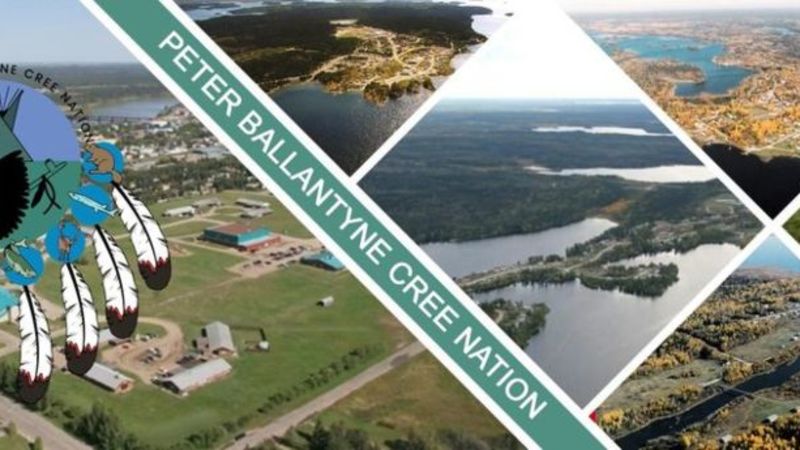
‘A specific form of anti-Black racism:’ Scholars want Canadian apology for slavery
More than a year after Canada proclaimed Aug. 1 as Emancipation Day, Black leaders and scholars are renewing their calls for Ottawa to make a formal apology for the country’s history of slavery and its intergenerational harms.
Author Elise Harding-Davis said Sunday that the federal government’s vote last March to recognize Emancipation Day shows Canadian leaders know that the country’s history of slavery has caused generations of harm to Black people.
To ignore years of calls for a proper apology is “shameful,” she said.
“An apology would mean recognition of the fact that we were enslaved in this country,” Harding-Davis said in an interview. “It would also be an amelioration of the harsh treatment Black people have received and the validation that we have honestly contributed not only to this country, but to the making of this country.”


